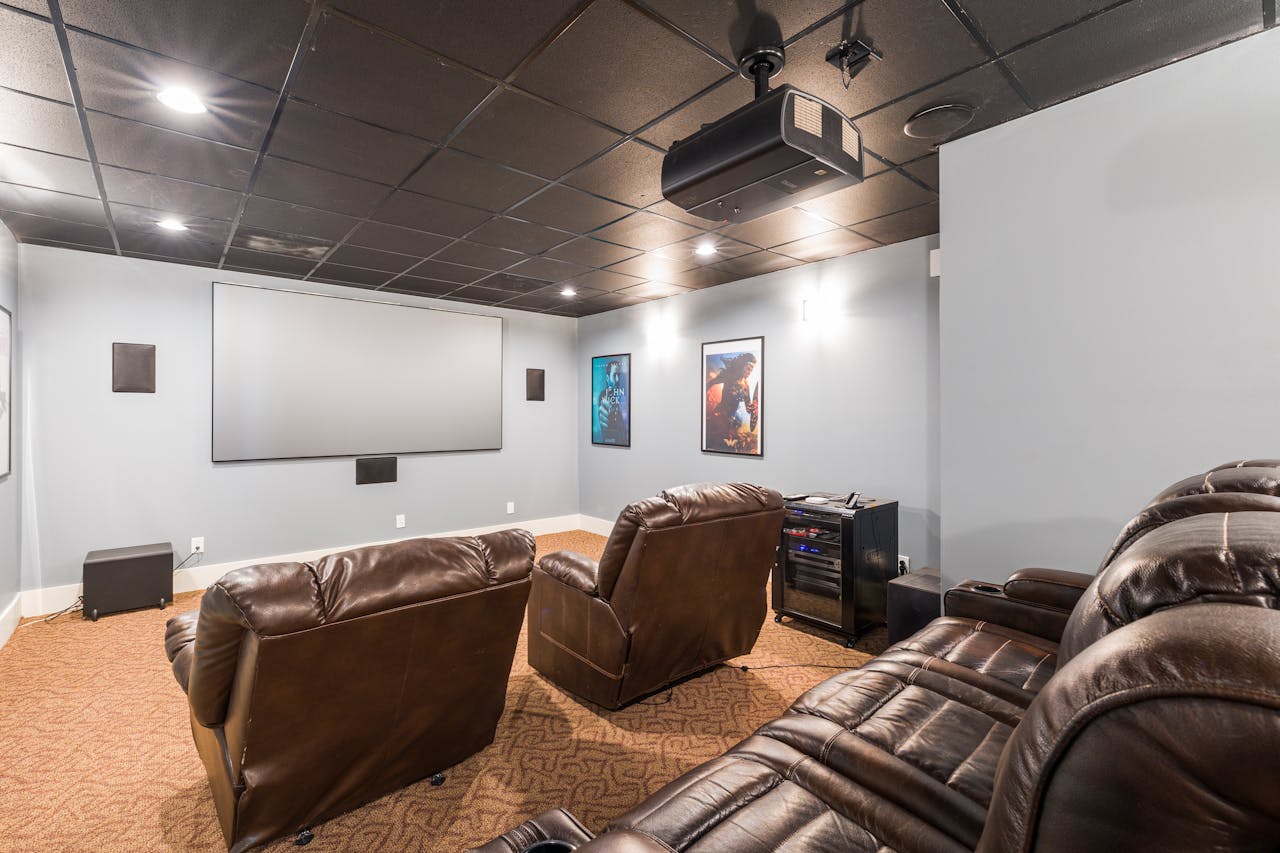Understanding the value of luxury properties is key when considering a move to a new area. A property appraisal goes beyond the basic evaluation of a home; it dives deep into factors that define its exclusivity and allure. We will explore the process of assessing the value and desirability of luxury properties, particularly in new relocation spots. Discover what makes a luxury property appraisal distinct and why it is a fundamental step for prospective buyers.
Understanding Luxury Property Appraisal
Luxury property appraisal involves a detailed assessment of a property’s value, influenced by various factors, including location, architecture, amenities, and historical significance. Unlike standard appraisals, luxury appraisals pay closer attention to the unique features and exclusive aspects of high-end properties. It’s not just about the size or location of the house but also about understanding what sets it apart from other properties. This includes evaluating interior designs, state-of-the-art technology, custom features, and even the brand reputation of architects or designers involved.
In addition, appraisals often consider the potential for future developments in the area, as well as current market trends in luxury real estate. Factors like eco-friendliness, sustainable materials, and energy efficiency are also increasingly coming into play, reflecting the evolving preferences of high-end buyers.
Location and Accessibility
In luxury property appraisal, location is a huge factor. Properties located in sought-after neighborhoods or exclusive areas often carry a higher value. Here are some major draws of a good location:
- Accessibility to major city centers, airports, and other important facilities can influence a property’s desirability
- The privacy offered by the location and the surrounding environment, such as beaches, mountains, or urban panoramas, significantly add to a property’s appeal
- The neighborhood’s reputation, its cultural and historical importance, and the level of security and services available are aspects that appraisers take into account
- The prestige associated with certain locations can be a decisive factor
Therefore, an appraiser must assess the current state of the property but also understand the larger context of its setting and how it contributes to the property’s overall allure and value.

The location of the property has a huge impact on the appraisal
Architectural Distinction and Design
Luxury homes are often synonymous with unique architectural designs and custom-built features. An appraiser examines the quality of materials, the elegance of the design, and how well the property blends functionality with aesthetic appeal. Properties that showcase exceptional artistry or have been designed by renowned architects often have higher appraisals.
Integrating innovative design elements, like eco-friendly building practices or cutting-edge architectural trends, can further elevate a property’s value. The blend of tradition and modernity, the coherence of the design with the surrounding landscape, and the incorporation of artful elements are also scrutinized.
Amenities and Lifestyle Features
The amenities offered by a luxury property may include home theaters, state-of-the-art fitness centers, smart home technology, outdoor kitchens, and infinity pools. Lifestyle features like proximity to exclusive clubs, golf courses, and private beaches also play a huge role in determining the property’s desirability and, consequently, its value.
Other features like private vineyards, helipads, and on-site spas can also set a property apart. The overall concept of luxury extends beyond physical amenities to encompass the quality of life and experiences offered.

Amenities like home theatres and pools can affect the appraisal
Historical Significance and Rarity
Some luxury properties are appraised highly due to their historical significance or rarity. Homes that have a story, such as a famous previous owner or a significant architectural history, often carry a premium. Rarity, such as being one of the few properties available in an exclusive area, also adds to a home’s appeal and value.
Properties with historical significance often include classic architectural details preserved over the years, which certain buyers highly value. The rarity factor is not limited to the building itself but can also include unique features such as original artwork, historic gardens, or ties to significant cultural or historical events. These elements make the property a living space and a piece of history, elevating its prestige and appeal in the luxury market.
The Appraisal Process
The luxury property appraisal process has several stages:
- It begins with an in-depth analysis of the local real estate market and comparable properties.
- Appraisers also conduct a thorough inspection of the property, noting all its unique features and conditions.
- They then compile this data to provide an estimated market value. This value is crucial for buyers to understand their investment and for sellers to price their property accurately.
- Appraisers also consider future market trends and potential changes in the area, which could affect the property’s value over time.
- The process then involves engaging with other real estate professionals, such as local agents and brokers, to gather insights into market dynamics.
This comprehensive approach ensures that the appraisal reflects both the current state and potential future of the property.
Appraisal vs. Actual Market Value
It’s important to understand that an appraisal provides an estimate of a property’s market value, but it doesn’t always match the price a property will sell for. Market conditions, buyer demand, and negotiation strategies can influence the sale price. Luxury properties, in particular, can see significant variation between appraised value and sale price due to their unique features and limited comparables.
The draw and emotional appeal of a luxury property can also play a significant role in determining its final selling price, as these properties often resonate with buyers on a personal and aspirational level. Likewise, the timing of the sale can have a substantial impact. For instance, a seller’s market may lead to prices exceeding the appraised values, while prices may fall below the appraisal in a buyer’s market. Understanding this dynamic helps buyers and sellers set realistic expectations and strategize effectively during negotiations.

Luxury property appraisal is an estimate but may differ from the final price
Choosing the Right Appraiser
Selecting an experienced appraiser who specializes in luxury properties is extremely important. Such professionals are equipped with the knowledge and understanding to evaluate high-end properties accurately. They understand the subtleties that define luxury and can provide valuable insights into the property’s worth and appeal.
Choosing the Right Moving Company
Once you’ve navigated the complexities of a luxury property appraisal and made your choice, the next step is planning your move. Relocating, especially to luxury property, often requires specialized moving services that handle high-value items with care. In this regard, utilizing moveinterstate.com can be incredibly beneficial. Over the past 80 years, the moving company has proudly maintained old-fashioned courtesy, respect, integrity, and professionalism in relocations. Their expertise in handling delicate items and their understanding of the nuances of luxury moves make them an ideal choice for those looking to relocate to a new luxury property.
Closing Thoughts
A luxury property appraisal is a sophisticated process that requires a deep understanding of what makes a property unique and desirable. Whether you’re a buyer or a seller, getting an accurate appraisal is key to making informed decisions. It helps buyers evaluate their investment and also helps sellers set a competitive price.
Contact the Principal

Marcus Roper
Broker Associate / Compass Real Estate
Principal / The Westhorn Group
Marcus began his career as a real estate analyst at Goldman Sachs in Dallas, Texas. His team was responsible for the investment of Goldman’s capital into real estate portfolios.
Marcus has since then established himself as a Realtor® & Broker in the western areas of Austin, specializing in high-end new construction, boutique listings, staging & design, and a seamless client experience.
Marcus enjoys viewing and playing live music, exercising on Town Lake, and playing golf at Barton Creek & Austin County Clubs.






